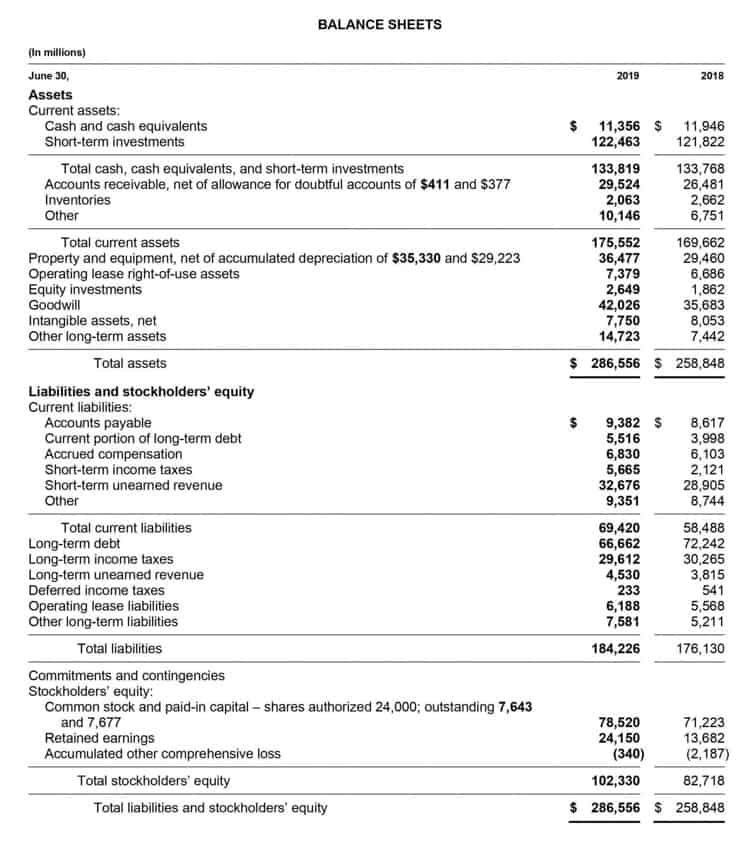
Price your services in a sweet spot that ensures profitability and service excellence. Choose a bookkeeping service provider based on their reputation and not just their experience. Make sure they can offer the specific services you require with integrity. Security is of utmost importance, so check their technology and protocols. To maximize deductions, keep detailed records of all business expenses.

Specialized Bookkeeping & Tax Preparation for Veterinarians, Equine, and Animal Care Services
Integrating technology like practice management and accounting software greatly reduces the risk of human error. Real-time updates ensures proper https://www.facebook.com/BooksTimeInc cash flow management, accurate bank reconciliation, and correct tax filing. However, the long-term financial benefits outweigh these fees. Bookkeeping involves recording all financial transactions for a business. A bookkeeper tracks income, expenses, and other financial activities. The scope includes maintaining accurate financial records to support the financial health of the business.
Why Bookkeeping for Veterinarians is Crucial
- Ideally, update your financial records daily, unless business is very slow.
- Each month, your dedicated bookkeeper arranges your veterinary clinic’s transactions and compiles financial reports.
- Accurate separation aids in tax compliance and financial analysis.
- The tangible assets for a veterinary practice include veterinary medical equipment, office furniture, and inventory.
- Although you cannot do away with buying costly veterinary equipment, you can significantly reduce costs by employing an astute bookkeeper.
Sign up as a customer today and get a free month of bookkeeping.
Understanding the Basics of Bookkeeping for Veterinarians
This includes reviewing equipment purchases, comparing supplier costs, and seeing if alternative lower-cost options are available. Furthermore, with a detailed understanding of tax laws, they can ensure the practice takes full advantage of available tax deductions on equipment purchases. Focus on the candidate’s experience with veterinary practices. Inquire about their familiarity with accounting and bookkeeping software.
Cash Flow Management: Techniques to Maintain Liquidity

Expect a comprehensive response from us within one business day or less. Our team of experts is well-versed in the financial nuances of the veterinary industry and will tailor their approach to suit your practice’s specific needs. When you know that someone who has a thorough understanding of veterinary medicine is taking care of your books so you can relax and focus on practicing veterinary medicine. Reconciling these accounts is critical to ensure all the transactions in the accounting system are complete and accurate. Prior to my accounting career, I’ve held positions as a veterinary assistant, veterinary office manager, stable hand, groomer, farm manager, and as a licensed riding instructor.
- Having paired COGS accounts allows a quick review of income to expenses in every category and shows which areas generate gross profit.
- They provide an accurate record of all financial transactions, track incoming revenues and outgoing costs, and help to identify areas where cost savings can be made.
- The average net profit for a veterinary practice is estimated to be around 10% to 15% for small animal hospitals and 15% to 25% for emergency and specialty practices.
- On average, expect to spend 15 minutes each month answering questions for your bookkeeper, or uploading supporting docs.
How to Calculate Gross Profit: A Simple Guide for Business Owners

The tangible assets for a veterinary practice include veterinary medical equipment, office furniture, and inventory. Goodwill is an essential intangible asset for a veterinary practice. The average net profit for a veterinary practice is veterinary bookkeeping estimated to be around 10% to 15% for small animal hospitals and 15% to 25% for emergency and specialty practices. One of the largest expenses for a veterinary practice is the staffing costs.

Being good at the business side of veterinary retained earnings medicine is good for business and good for patients. We handle the bookkeeping for you but sometimes we’ll need your input, especially at year-end. On average, expect to spend 15 minutes each month answering questions for your bookkeeper, or uploading supporting docs. Your bookkeeper will be your main point of contact, but at times you might hear from another member of your team. This is usually when your bookkeeper goes on vacation, is sick, or otherwise unavailable. Take the burden of dealing with expenses and bookkeeping off your shoulders.

Chart of accounts
We recommend using integrated systems because they automate processes and provide a real-time view of your financial situation. Automatic data transfer is not only convenient, but also ensures more accurate financial data used for accounting and reporting. Regular financial reviews are crucial for maintaining the health of your veterinary practice. Analyzing financial statements provides insights into your practice’s performance. This process helps identify trends, spot potential issues, and make informed decisions. Accurate financial records ensure compliance with tax laws and other regulations.
